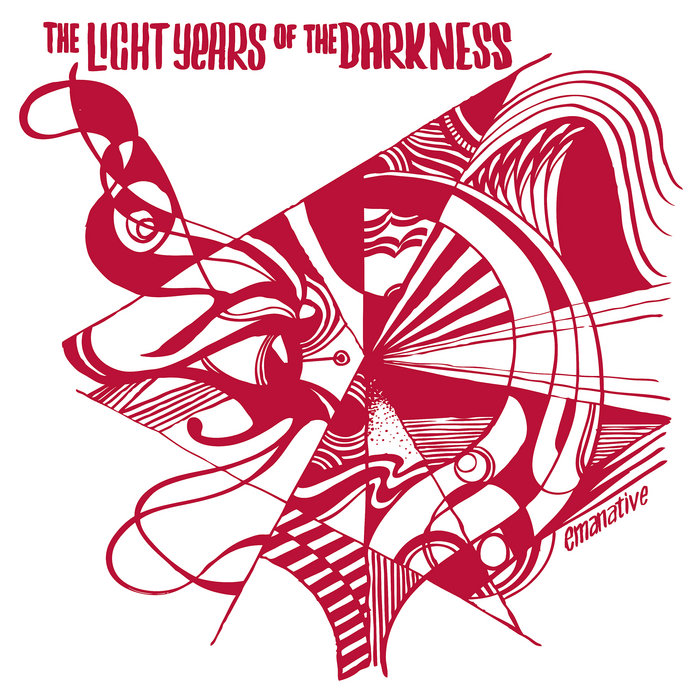
Love In Outer Space (feat' Ahmed Abdullah) – emanative
this blog is GROOVY – check out great Soul, Funk, Jazz, Hip Hop, Bass, Breaks , Reggae, House n many more TUNES
Alright, cats and kittens, let’s take a funky ride through the vibrant landscape of spiritual jazz. This genre is all about elevating your mind and lifting your soul. A little dose of rhythm, some celestial harmonies, and boom – you’re ready to float into the cosmos! So grab your shades and incense; we’re diving into the mind-blowing history of spiritual jazz!
Spiritual jazz emerged in the mid-1960s, when musicians were hungry for something deeper than just catchy hooks or chart-topping anthems. They wanted music that could heal their spirits and connect them to something greater—think universe vibes mixed with pure emotion.
The scene can be traced back to artists like John Coltrane, who believed that music was a means to reach higher consciousness. His album A Love Supreme (1965) isn’t just a record; it’s practically a musical prayer that resonates through time (and probably space too). Coltrane infused his saxophone with deep spirituality, almost as if he was channeling cosmic energy directly from another dimension.
Alongside Coltrane, there were several other heavyweights shaping this genre:
Pharoah Sanders: Known for his wild sounds and fierce improvisation on the saxophone. Fun fact? He once went so far out in his performances that he’d leave audiences wondering if they had entered an alternate reality! Seriously—there are tales of listeners feeling so transcendent during one concert they came out saying they’d met extraterrestrial beings!
Alice Coltrane: John’s wife took spiritual jazz into realms unseen—literally! She brought her love for Indian philosophy into her music while playing harp like no one else could. Rumor has it she had her own personal mantra grooving alongside each chord!
Sun Ra: Now here’s where things get truly intergalactic! Sun Ra claimed he came from Saturn (no joke!). He led his band, the Arkestra, not only with music but also full-on theatrical performances featuring space costumes—a real cosmic showman!
These legends didn’t just create sound; they built bridges between worlds with their tunes.
As spiritual jazz developed throughout the 70s and beyond, it became an umbrella term encompassing elements from various styles—like avant-garde jazz intertwined with Eastern influences or even funk grooves sprinkled here and there.
Musicians started experimenting more boldly. You might hear free-form melodies paired up against hypnotic rhythms as well as lush arrangements echoing African traditions mixed with bluesy vibes—it was all about breaking boundaries while shooting straight for those heavenly heights.
These works invited listeners on journeys spanning both earthly concerns & universal truths—all served up on cool records spinning under disco balls across every town hall basement stage ever known!
While we celebrate these gifted artists’ serious contributions to music’s legacy—and boy did they make waves—they also brought humor into their world:
Did you know that before making waves on saxophones & creating heart-opening vibrations Pharoah Sanders worked at local burger joints? Bet he flipped burgers while contemplating cosmic frequencies!
Alice would often host “Afternoon Meditations” sessions where friends gathered around tables laden down with food…and super chill jams rolled off… literally! One attendee joked how eating her homemade curry felt like being transported straight “to Jupiter.”
And how about our fellow maestro Sun Ra again? Legend has it during rehearsal breaks he’d sometimes rattle off poetry written specifically for ants living near studios because “they too need inspiration.”
See? Being profound doesn’t mean dropping your sense of humor along the way!
Fast forward to today—the spirit of spiritual jazz lives on abundantly among contemporary artists who groove in similar wavelengths such as Kamasi Washington or Makaya McCraven who dig deep into finding harmony within themselves AND connecting us all together—all fuelled by collective creativity aiming upwards towards enlightenment.
So whether you’re kicking back at home vibin’ out alone or jamming live among friends under starlit skies rocking those sweet sounds—you’ll find it’s not merely entertainment but rather akin-to divine communion orchestrated beautifully amid flowing emotions punctuated by infectious beats connecting hearts everywhere …and everyone needs some good tunes now then right?!
And there you have it—the soulful saga behind spiritual jazz. Uniting beats since its inception while bringing laughter along for every note played across dimensions unknown…where will this journey take YOU next? You decide; let your inner rhythms guide ya onwards forevermore! ✨🎷

Love In Outer Space (feat' Ahmed Abdullah) – emanative
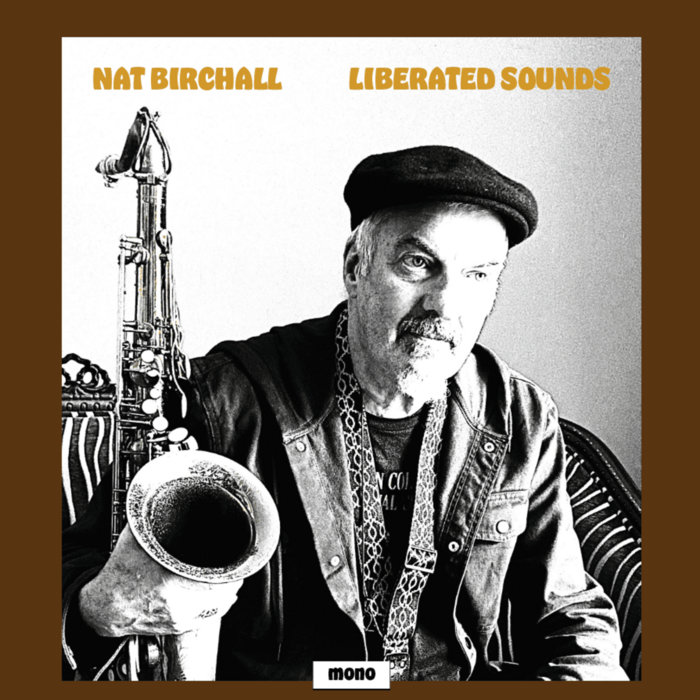
MENELIK – nat birchall

Fall In To Me feat. Ben Hadwen – Emanative & Liz Elensky
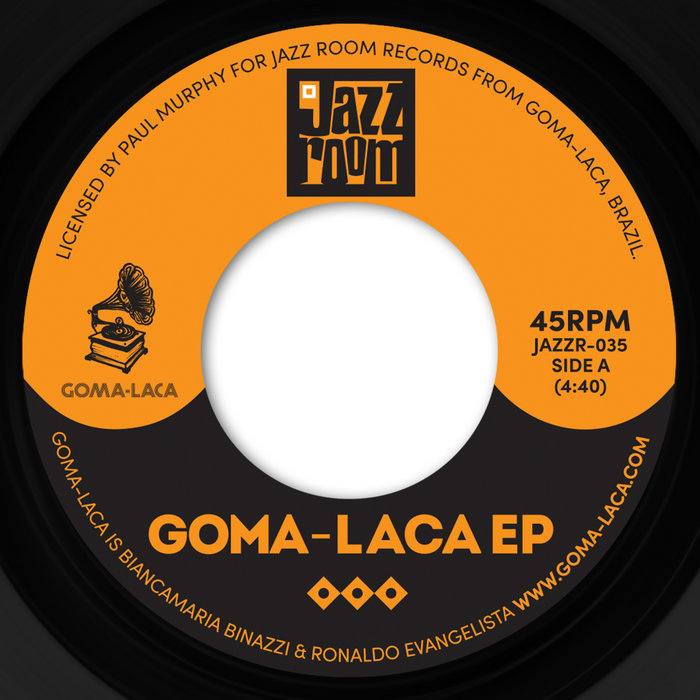
Cala Boca Menino – GOMA LACA
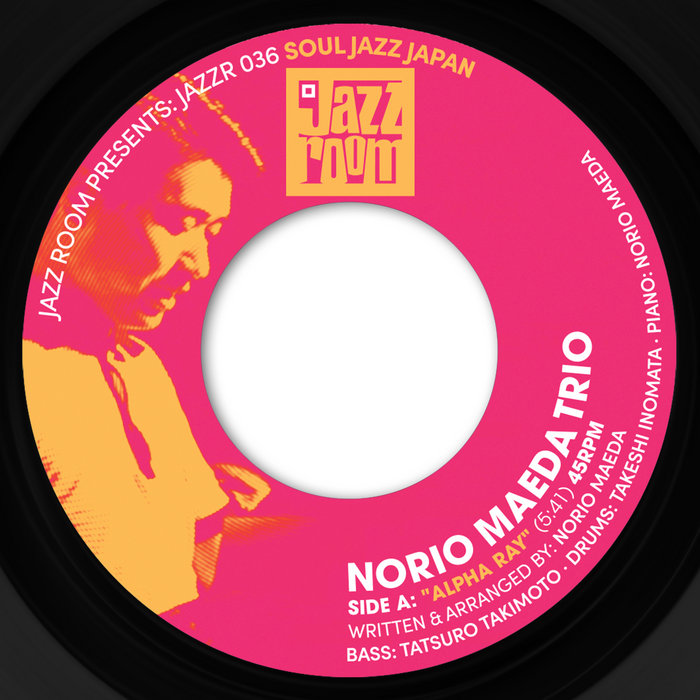
INTRO.. – Norio Maeda/Terumasa Hino
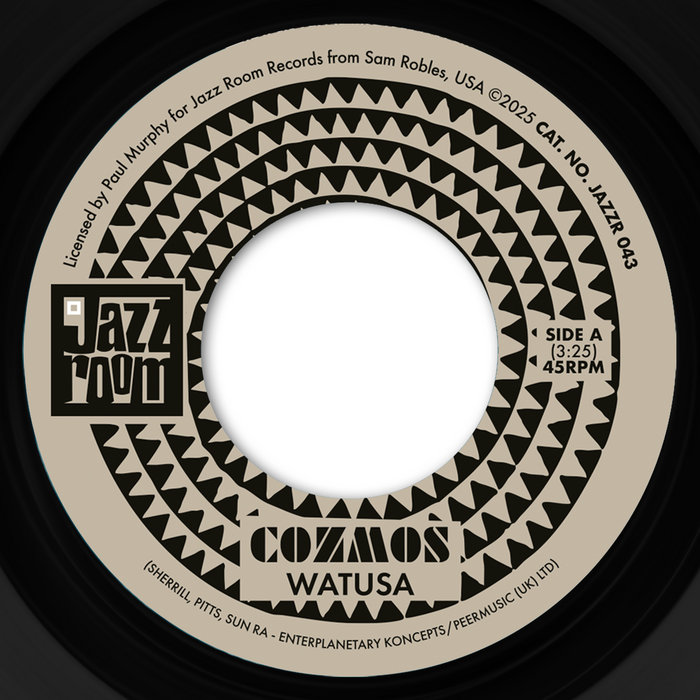
Watusa – Cozmos
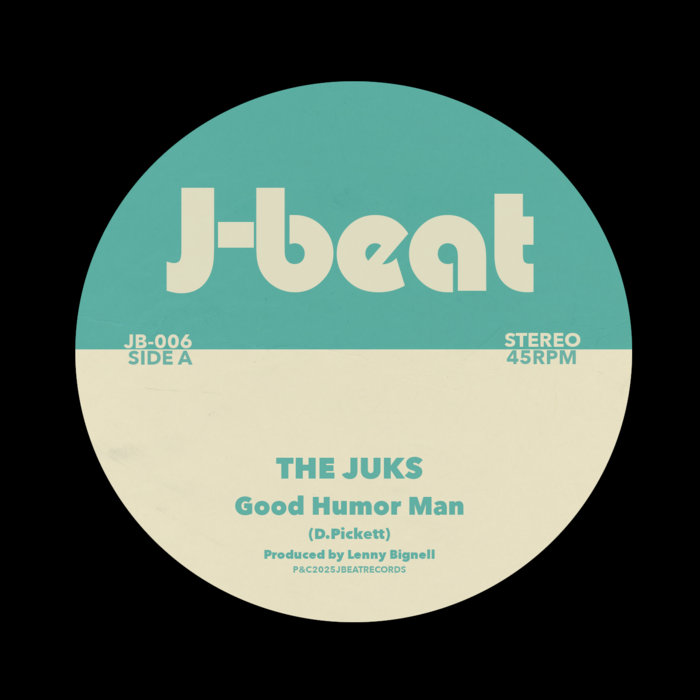
Good Humor Man – The Juks
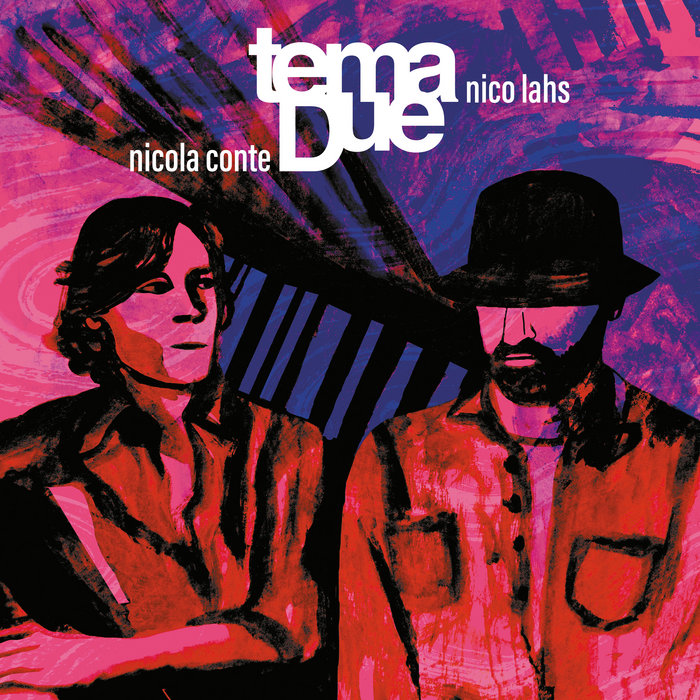
Macumba De Oxalà – Nicola Conte and Nico Lahs present Tema Due
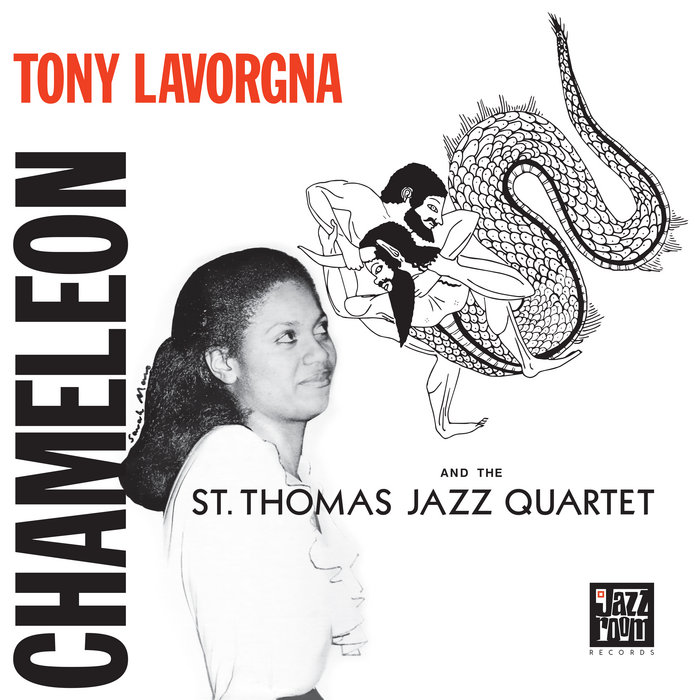
The World Is A Ghetto – TONY LAVORGNA & THE ST. THOMAS QUARTET
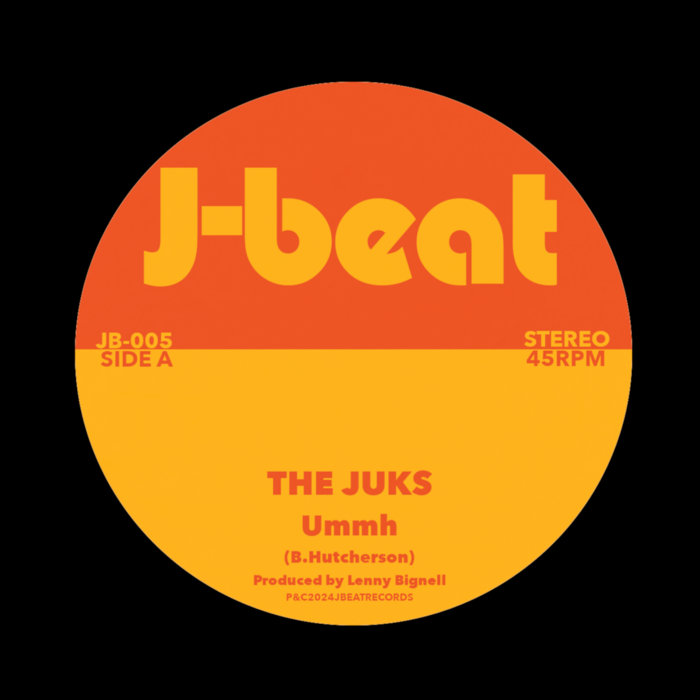
Ummh – The Juks